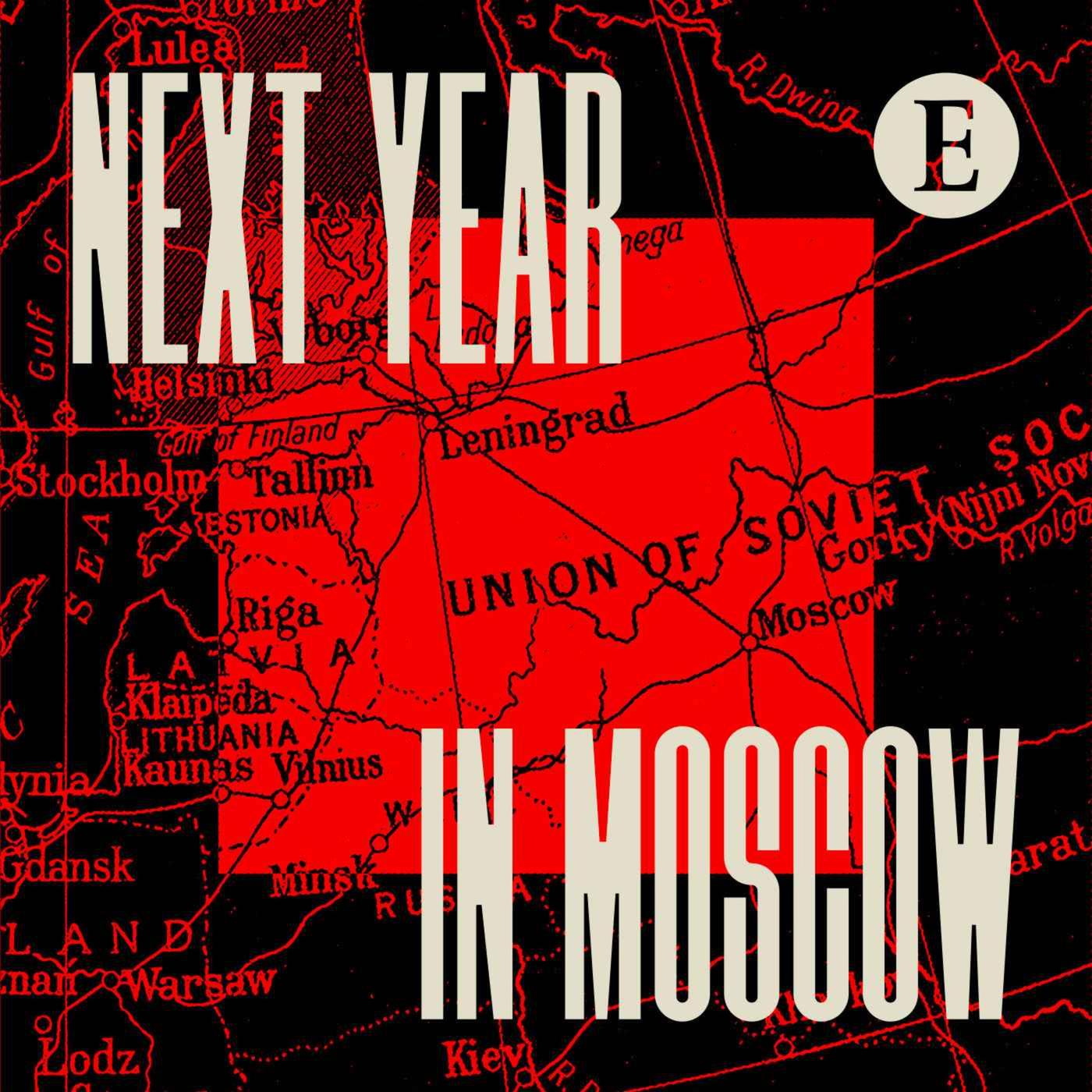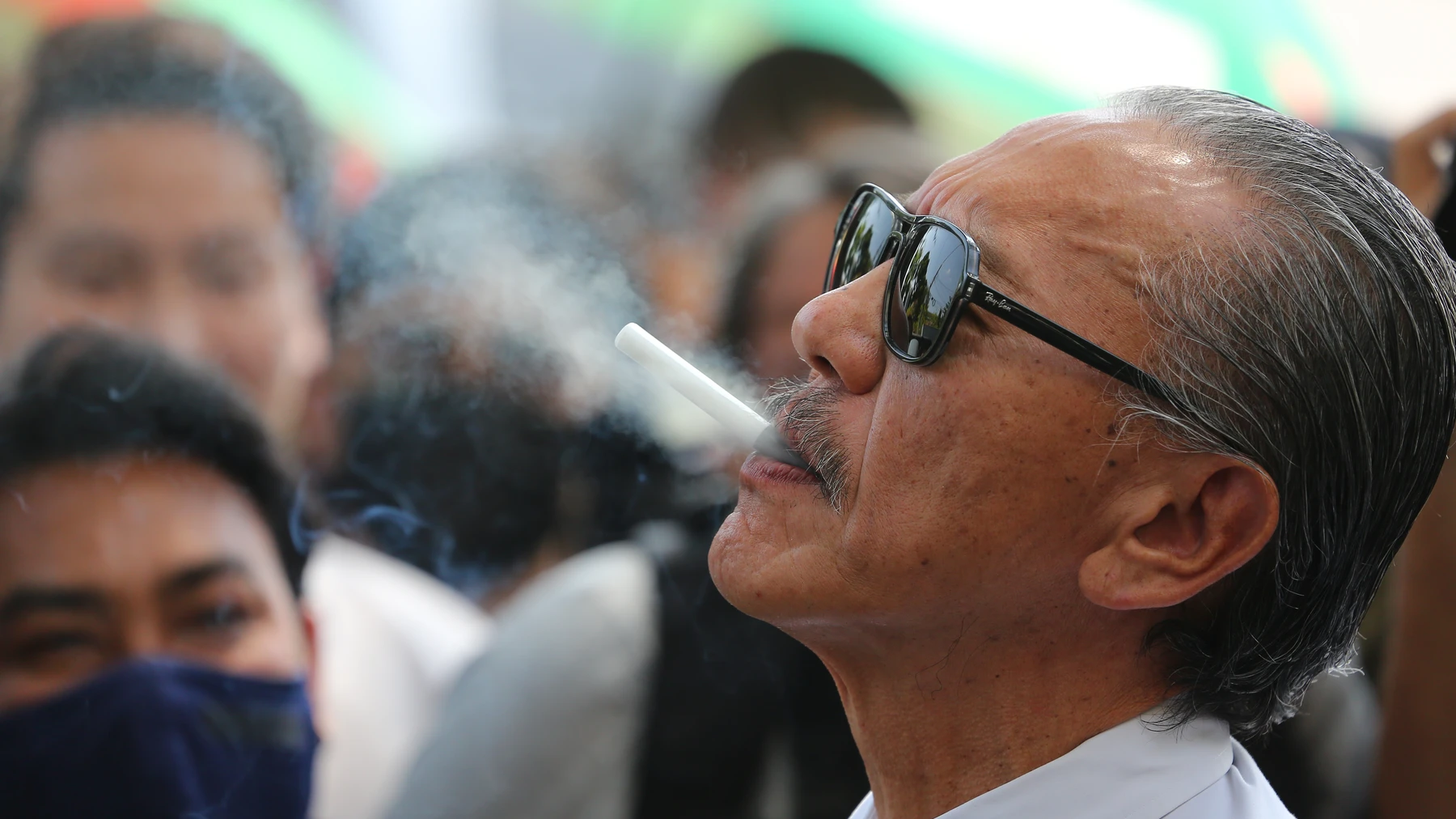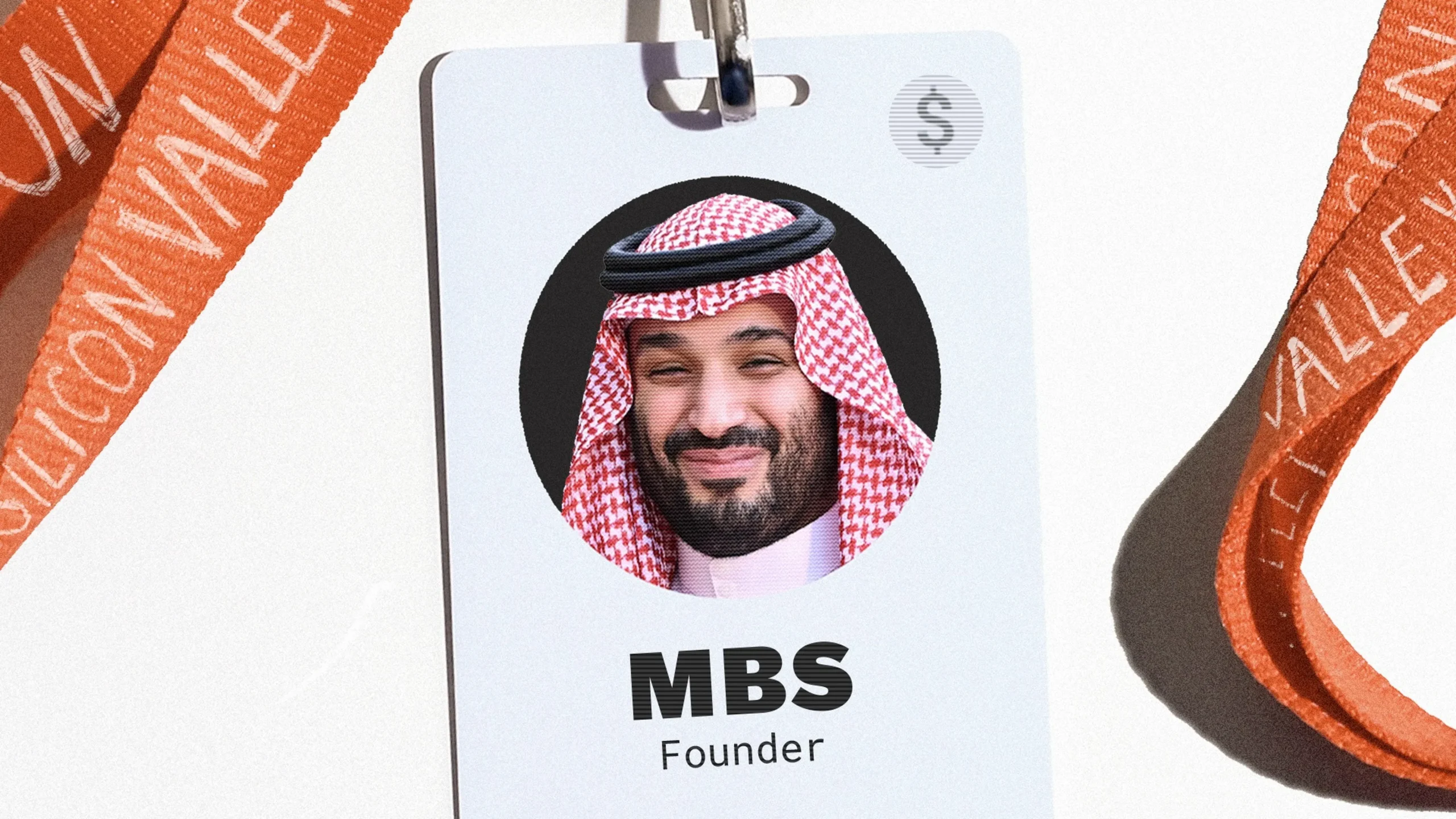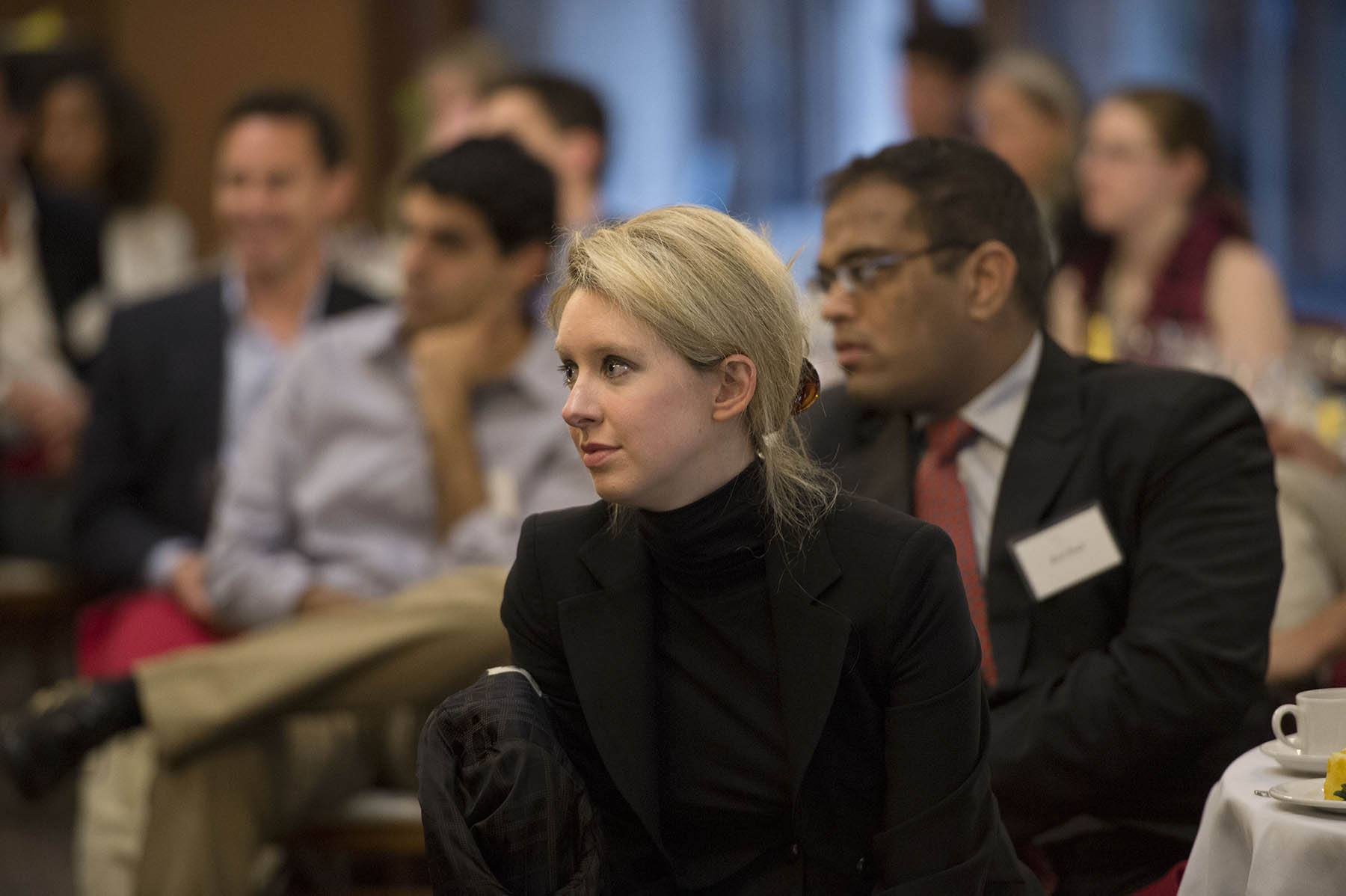Welcome to the first edition of Brazen’s round-up, where we share the very best of what the team has been reading, watching and listening to this month. I’m Megan, associate producer at Brazen, and today I’ve got some intriguing investigative work to share, as well as a great new mockumentary, a moving podcast from the Economist, and much more.
However, before we get into it, I want to touch on something our team cares deeply about – the case of Wall Street Journal reporter Evan Gershkovich. In March, Evan was arrested on bogus espionage charges while reporting in Russia. He’s been held in Moscow’s Lefortovo prison ever since. This month, Project Brazen released a special podcast episode about his wrongful detention, speaking with his friends, newsroom colleagues, and even his former soccer coach about the shocking arrest, efforts to bring Evan home, and how he became the journalist he is today. You can listen below. For more on how you can support the campaign for Evan’s release or send him a letter in prison, go to www.freegershkovich.com.
So, what’s got Brazen talking this month?
First up, an honourable mention for the Wall Street Journal’s dogged reporting on Jeffrey Epstein and his wide financial web. Given Epstein has been dead for four years, you’d be forgiven for thinking the story is over – but WSJ reporters are not letting it go quite so easily. Their latest investigation reveals financial “favours” paid by the sex-trafficker to renowned academics Noam Chomsky and Leon Botstein. Botstein received $150K from Epstein, while Chomsky received $270K from an Epstein-linked account, although he said this was a transfer of his own money and didn’t involve “one penny from Epstein”. It’s another question why either saw fit to involve themselves (financially or personally) with Epstein, given he had already been convicted for soliciting and procuring a minor for prostitution at the time of the favours.
On the topic of dirty money, in the UK, there’s been a victory for open justice after the BBC won a 19-month battle against reporting restrictions. The win means the organisation has been able to name Javad Marandi as the businessman linked to a major money laundering investigation. Several of Marandi’s companies have been linked to the “Azerbaijani Laundromat”. According to an OCCRP investigation, the laundromat washed $2.9bn stolen from Azerbaijan’s coffers by the country’s elite. The businessman is said to have received $230m in suspicious offshore funds – some of which may have ended up in the pockets of the Conservative Party via Marandi’s generous (£600K+) political donations.
🎧 Okay, moving on. Here’s what we’ve been listening to this month: Next Year in Moscow
This eight-part series from The Economist talks to liberal Russians who oppose Putin’s invasion of Ukraine and have been forced to leave their country to avoid the repercussions of such views. The Economist’s Arkady Ostrovsky hosts the podcast – he too departed Russia shortly after the invasion – travelling across Europe and the Middle East to speak with the new exiles. It’s a touching listen at points – in each of the voices featured there’s a potent mix of loss and shame, often fury, sometimes resignation. There’s absorbing sound design, heartfelt interviews, and nuanced reflections. Definitely worth a listen.
I’ve also enjoyed listening to this: Iran’s Hit Squads
This is actually the second season of the Tortoise podcast, Londongrad. While the first focused on Russian oligarchs, primarily the Lebedevs (I’m yet to listen to it myself but I’ve heard it’s good) this season focuses on a lesser covered story: state-sponsored assassinations on British soil. Not by the Kremlin, but by Iran. The reason this particular podcast caught my eye is because it’s not the first time I’ve read about Iranian-sponsored killings in Europe. In fact, it has cropped up in reporting for Gateway, our investigation into the heart of Europe’s cocaine underworld and its shadow economy. Iran’s regime, it would seems, is happy to use criminal gangs and terror organisation to carry out its killings. We’ll be revealing more very soon, but in the meantime, make sure to subscribe to the Brazen newsletter or follow @Gateway_Brazen on Twitter.
📖 Next up, here’s what we’ve been reading this month: ‘The Truth Will Be Loud’: Thailand’s Former Brothel Baron Is Using His Infamy to Fight Crime
Sadly it’s Gavin Butler’s last piece for Vice after it filed for bankruptcy, but what a way to go out – this tale has it all: corruption, gambling, Bangkok massage parlours, and the so-called Tub Tycoon of Thailand, Chuwit Kamolvisit.
Chulwit got his nickname from Thailand’s red light district, which is colloquially known as Soapland due to its offers of “shower massages”. His brothel empire eventually became so large he was paying $350K in bribes every month, as well as $145K in free services to police officers. But how the tables turned: Chulwit became a prominent whistleblower, calling time on corruption and organised crime. Are his motivations as noble as he claims? This piece takes a look.
Here’s what else we’re reading this month: How Saudi money returned to Silicon Valley
This piece from Vox looks at the resumption of investment from Saudi Arabia into Silicon Valley, and how founders and venture capitalists are more than happy to whitewash Mohammed bin Salman’s image:
“The more I think about it, the more Saudi almost feels like a startup,” Adam Neumann, the WeWork founder, told the audience of the Miami conference hosted by the kingdom.
Venture capitalists Ben Horowitz and Marc Andreessen were pumped up, too. “Saudi has a founder. You don’t call him a founder, you call him, ‘His Royal Highness,’ but he’s creating a new culture, he’s creating a new vision for the country, he’s got a very exciting plan to execute, and the people in the country are fired up to do it,” said Horowitz.
I’m sure I don’t need to remind our readers, but it’s been less than five years since Washington Post journalist Jamal Khashoggi was murdered in the Saudi consulate in Istanbul on MBS’s orders. According to this piece, executions have doubled under the rule of MBS. But when Vox asked almost 80 VCs, buyout firms and startups that have received Saudi money how said investment aligned with their company’s values, none were able to provide a comment. How odd.
From one questionable founder to another, we can’t avoid a shout out for the hottest car crash on Twitter this month: Liz Holmes Wants You to Forget About Elizabeth
Is it a horrendous puff piece? A candid study of how easy it is to be fooled by an experienced liar? Or just another example of how, if you’re white and blonde and wealthy, you’re still afforded the opportunity to rebrand from convicted fraudster to “volunteer for a rape crisis hotline”. You can make your own mind up on that, but you can’t convince me that the doe-eyed photos and mother-and-baby shots in this piece are anything other than deeply embarrassing.
Of course, it’s not the first time a notorious convict has made an excruciating attempt to rehabilitate their image via the press. Paul Manafort (remember him?) had a go after getting out of prison last year, resulting in this aptly titled piece from Insider: Paul Manafort isn’t sorry. Writer Mattathias Schwartz didn’t hold back on the former Trump campaign manager, and it makes for a satisfying read.
Now, for our last long read of the month: Notes from Prince Harry’s Ghostwriter
It’s a thoughtful look at the art of ghostwriting and memoir by J. R. Moehringer, ghost writer of Andre Agassi’s Open, Phil Knight’s Shoe Dog, and now Prince Harry’s Spare. After getting used to writing in the shadow of anonymity, he speaks of his shock at being exposed as the writer of Spare, and the ensuing media harassment that came with it. Although a little gushing about the royal couple at times, it’s also sensitive to how it may feel to have your story manipulated, again and again, by other people. I particularly liked this bite, as Moehringer reflects on Harry’s feeling of freedom following the publication of Spare:
Harry first felt liberated when he fell in love with Meghan, and again when they fled Britain, and what he felt now, for the first time in his life, was heard. That imperious Windsor motto, “Never complain, never explain,” is really just a prettified omertà, which my wife suggests might have prolonged Harry’s grief. His family actively discourages talking, a stoicism for which they’re widely lauded, but if you don’t speak your emotions you serve them, and if you don’t tell your story you lose it—or, what might be worse, you get lost inside it. Telling is how we cement details, preserve continuity, stay sane. We say ourselves into being every day, or else.
📺 Time for some light relief! Here’s what we’ve been watching this month: Jury Duty
On the advice of Project Brazen co-founder Bradley, I binged four episodes of this series last night, and I have zero regrets. From the makers of The Office, Jury Duty is an Amazon Prime comedy series that looks at the American jury system through the eyes of one particular juror, Ronald Gladden. What this juror doesn’t know is that the trial is fake, his fellow jurors aren’t ordinary citizens but actors, and he’s not part of a documentary but a hilarious social experiment. The result is laugh out loud and often slapstick fun which I’m pleased to say rarely feels at the unwitting juror’s expense. You can watch the trailer above.
On a very different note, this month also saw the release of the trailer for Killers of the Flower Moon, the upcoming movie bringing together director Martin Scorsese with his long-time muses Robert De Niro and Leonardo DiCaprio.
Adapted from David Grann’s book of the same name, Killers of the Flower Moon is based on a true story about the murders of several Native Osage people after oil deposits are found under their land in Oklahoma in the 1920s. The film premieres at Cannes Film Festival and will hit cinemas on 6 October.
Now 80-years-old, could this be the legendary auteurs last movie? In an interview that pulled at the heartstrings of a few Twitter users this month, Scorsese told Deadline how he desperately wanted to make more films but there was “no more time.” I’ll leave the full passage below, if you can bear it.
DEADLINE: You’re 80. Do you still have that fire to get right back behind the camera and get the next one going?
SCORSESE: Got to. Got to. Yeah. I wish I could take a break for eight weeks and make a film at the same time [laughs]. The whole world has opened up to me, but it’s too late. It’s too late.
DEADLINE: What do you mean by that?
SCORSESE: I’m old. I read stuff. I see things. I want to tell stories, and there’s no more time. Kurosawa, when he got his Oscar, when George [Lucas] and Steven [Spielberg] gave it to him, he said, “I’m only now beginning to see the possibility of what cinema could be, and it’s too late.” He was 83. At the time, I said, “What does he mean?” Now I know what he means.
🐋 And lastly, something from us…
Big news! The Closer is now on YouTube. We’re in the process of bringing all our podcasts to the platform, so you can expect to see more series made available there over the next few weeks. In the meantime, you can enjoy series one of The Closer, where we give you the inside scoop on the most influential deals in business. Watch above, or listen on Apple, Spotify, or wherever you get your podcasts. Most importantly, don’t forget to subscribe to Brazen+ for ad-free listening and bonus exclusives!
It’s been a big month for YouTube, as it’s also the home of Now What?, our new video series interviewing young people at the heart of climate innovation.
Check out the latest episode with Martim Cunha, founder and CEO of Aeon Energy, a start-up creating ambitious community-first ideas in renewables. This is a new topic for our team, so you like it, or know someone who might – siblings, children, colleagues, friends – please share it as widely as possible!








